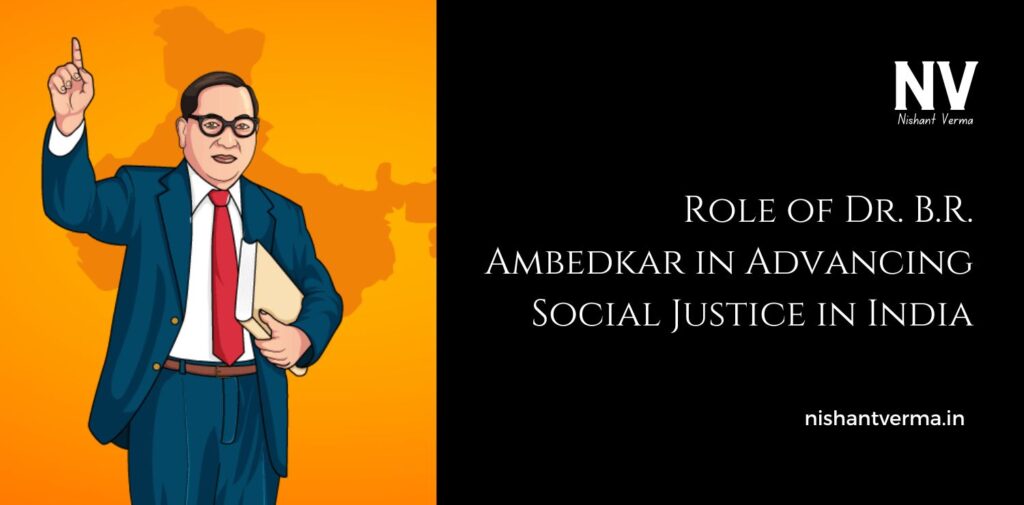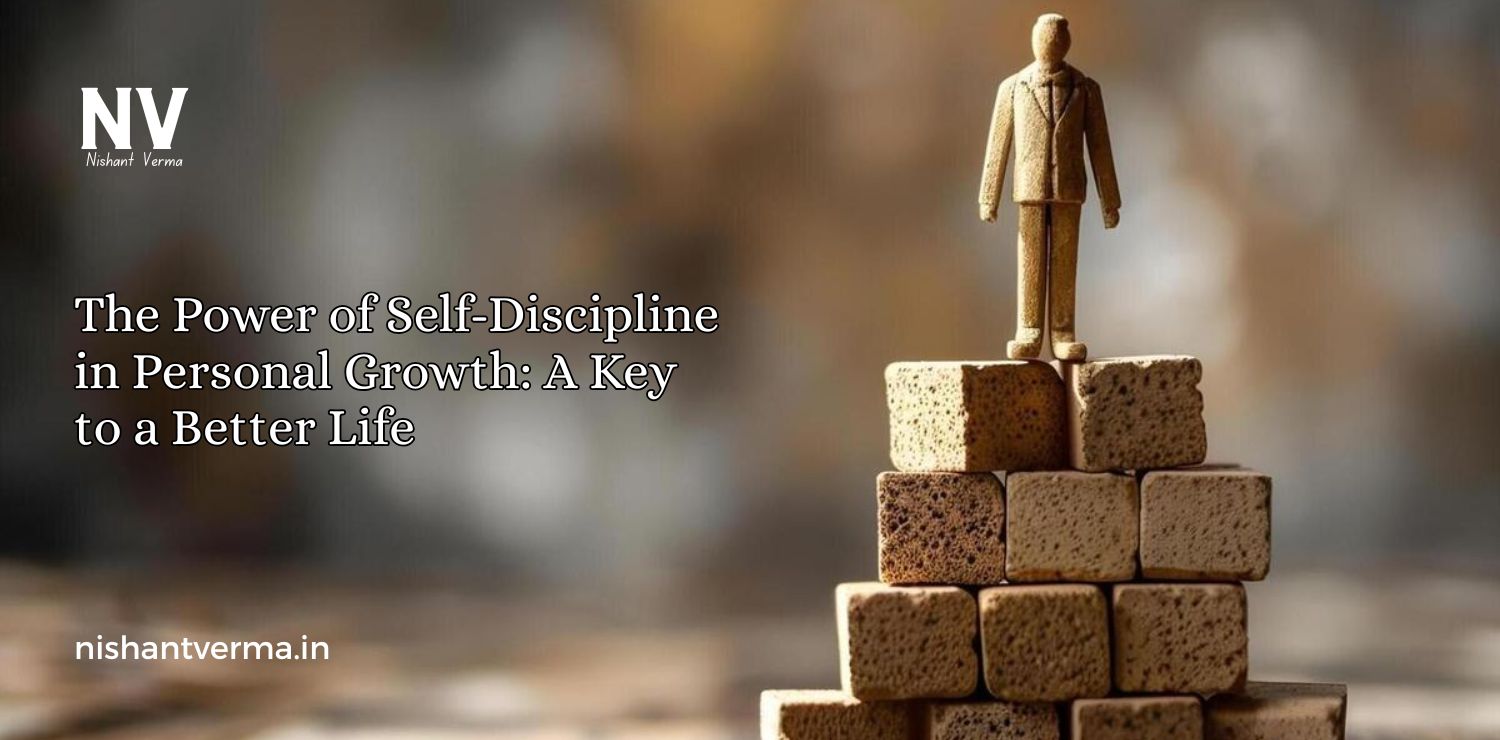Dr. Bhimrao Ramji Ambedkar, popularly known as Dr. B.R. Ambedkar, was one of the most important leaders in Indian history. He is widely remembered for his tireless efforts to bring social justice to the oppressed and marginalized sections of society, especially the Dalits (also called “Untouchables” during that time). His contributions were so significant that even today, his name is a symbol of struggle for equality, freedom, and justice. Let’s understand how Dr. Ambedkar’s work changed the lives of millions of people in India.
Early Life of Dr. B.R. Ambedkar
Dr. Ambedkar was born on April 14, 1891, in a small village in Maharashtra, India. His family belonged to the “untouchable” caste, which meant they were considered the lowest and were treated very badly by society. They were denied basic rights, and people from higher castes would not even let them enter temples or share water from the same wells.
Even though Dr. Ambedkar was born into this situation, he was a brilliant student. He faced many challenges while growing up, such as discrimination and insults. However, he never gave up. He fought against these unfair treatments and worked hard to get an education. His determination paid off when he became one of the first people from his community to get a degree and later a doctorate in law and economics from foreign universities.
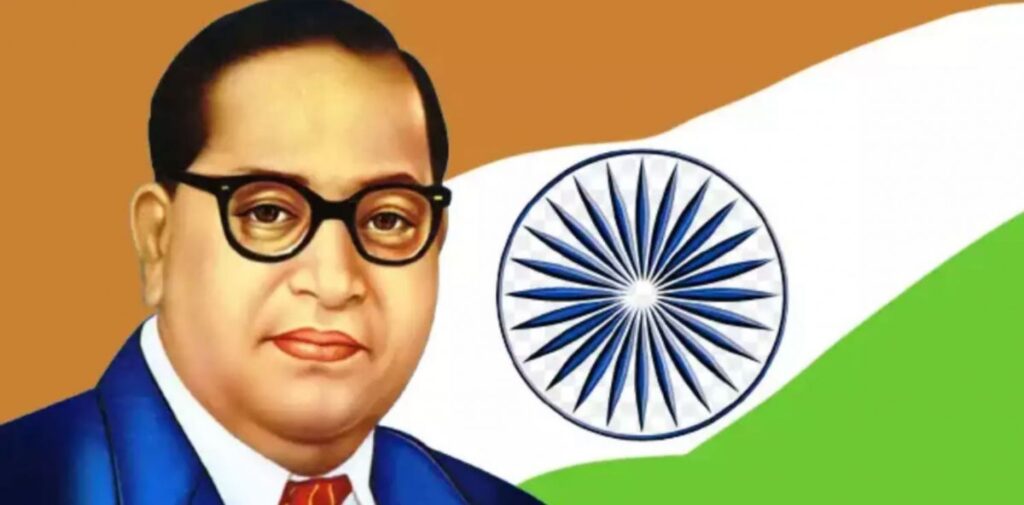
The Struggle for Equality
Dr. Ambedkar’s life was full of struggles against the unfair treatment faced by Dalits and other lower-caste people. The caste system in India meant that certain people were treated as “untouchables,” and they were denied many basic human rights. They were forced to live in separate areas of the village, not allowed to drink from the same water sources as higher castes, and were given the worst jobs.
Dr. Ambedkar was deeply affected by the way people of his caste were treated, and he decided to fight against this discrimination. He believed that no one should be treated unfairly based on their birth or caste. He said, “I will not die a Hindu,” because he thought the Hindu religion, with its caste system, was the main cause of this discrimination.
Ambedkar’s Fight for Dalit Rights
Dr. Ambedkar became a strong voice for Dalits. He led many movements to ensure that Dalits were treated equally. One of his most famous campaigns was the “Mahad Satyagraha” in 1927. During this movement, Dr. Ambedkar and his followers fought for the right of Dalits to drink water from public wells that were previously only for higher castes. This was an important moment in the fight for Dalit rights because it showed that Dalits would no longer tolerate being treated as inferior.
Dr. Ambedkar also fought for the right of Dalits to enter temples, as they were not allowed to do so at the time. He organized many protests and worked tirelessly to raise awareness about the unfair treatment faced by Dalits. His efforts helped many people to understand that discrimination based on caste was wrong and should be stopped.
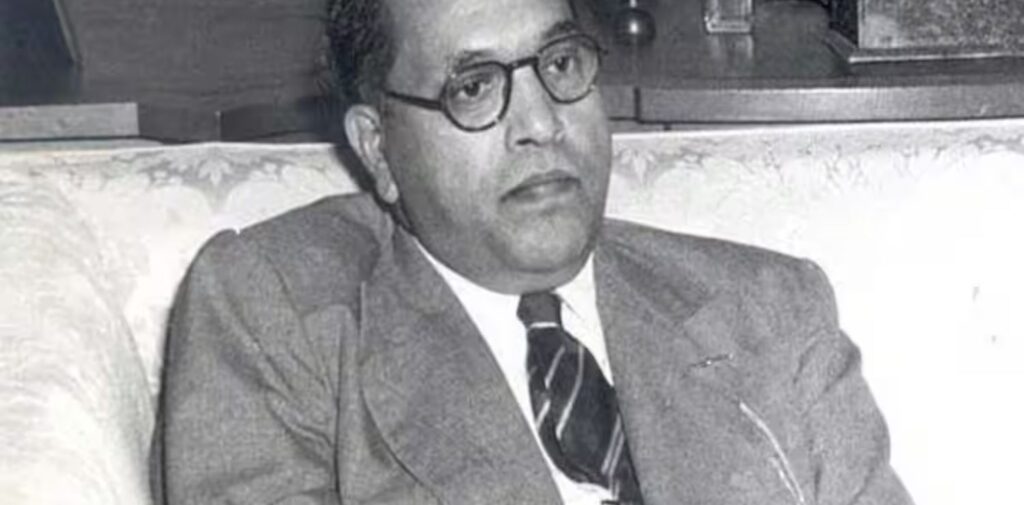
The Role in Indian Constitution
One of Dr. Ambedkar’s biggest contributions to India was his role in drafting the Indian Constitution. After India gained independence in 1947, the country needed a new set of laws and rules that would guide its people toward a just and fair society. Dr. Ambedkar was chosen as the Chairman of the Constitutional Drafting Committee because of his deep knowledge of law and his commitment to social justice.
He made sure that the Constitution guaranteed equality for all people, regardless of their caste, religion, or gender. One of the most important parts of the Constitution, which was written by Dr. Ambedkar and his team, is the Right to Equality. This means that every citizen of India has the same rights and opportunities, and no one can be discriminated against because of their caste, religion, or any other reason.
Dr. Ambedkar also ensured that the Constitution abolished untouchability and made it a crime. This was a huge victory for Dalits and other marginalized groups. It gave them legal protection and helped change the way society treated them.
Ambedkar’s Vision for a Just Society
Dr. Ambedkar believed in a society where all people, regardless of their caste, religion, or background, could live with dignity and respect. He knew that social justice could not be achieved unless people were educated, so he worked hard to promote education among Dalits and other lower-caste people.
He also encouraged Dalits to embrace education and work towards their own upliftment. Dr. Ambedkar understood that education is the key to ending caste-based discrimination and empowering people to build better lives for themselves.
The Importance of Dr. Ambedkar’s Work
Dr. Ambedkar’s work changed the way society in India viewed people from lower castes. Before his efforts, many people believed that Dalits were not worthy of basic rights, but after his work, the Constitution made it clear that all people are equal and should be treated with respect. His leadership helped Dalits get access to education, jobs, and the freedom to live without fear of discrimination.
Dr. Ambedkar’s influence extended beyond his lifetime. His ideas about social justice continue to inspire people today. He remains an icon for those who are fighting against caste-based discrimination, poverty, and injustice.
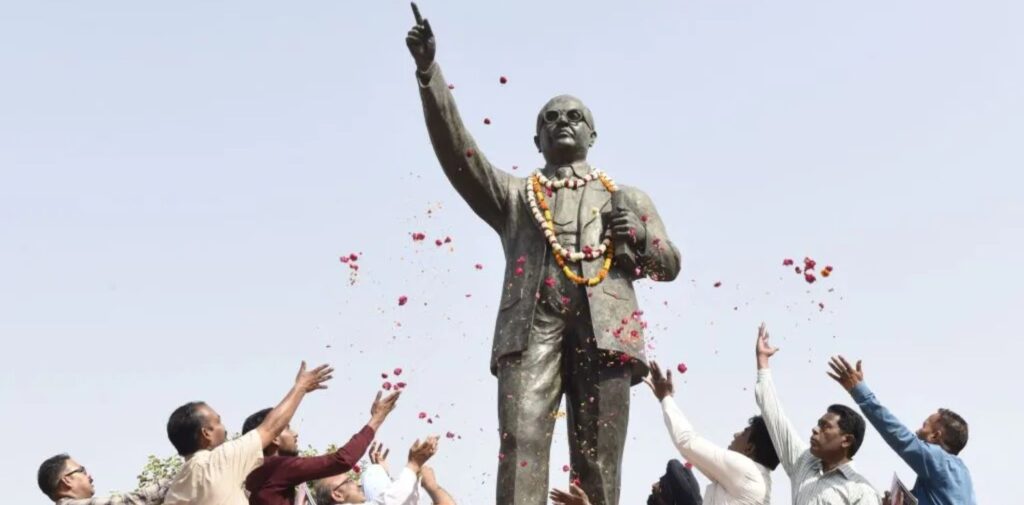
Ambedkar’s Legacy
Dr. Ambedkar passed away on December 6, 1956, but his legacy continues to live on in the hearts of millions of people. His birth anniversary, April 14, is celebrated as “Ambedkar Jayanti,” a day to honor his memory and the work he did for social justice in India. People across the country remember his contributions by holding rallies, discussions, and events that promote equality and justice.
Many schools, universities, and institutions are named after Dr. Ambedkar, and his image is seen in public places and in government offices. His thoughts on social justice and equality continue to guide the nation.
Conclusion
Dr. B.R. Ambedkar was a leader who dedicated his life to the cause of social justice, equality, and human rights. He fought for the rights of Dalits and other marginalized groups, making sure that they were treated as equals in Indian society. Through his efforts, India became a country where everyone, no matter their caste or background, could have equal rights under the law. Today, Dr. Ambedkar is remembered as one of the greatest champions of social justice in India’s history, and his contributions will continue to inspire generations to come.
His life teaches us the importance of standing up against injustice and working towards a fair and equal society for all.

